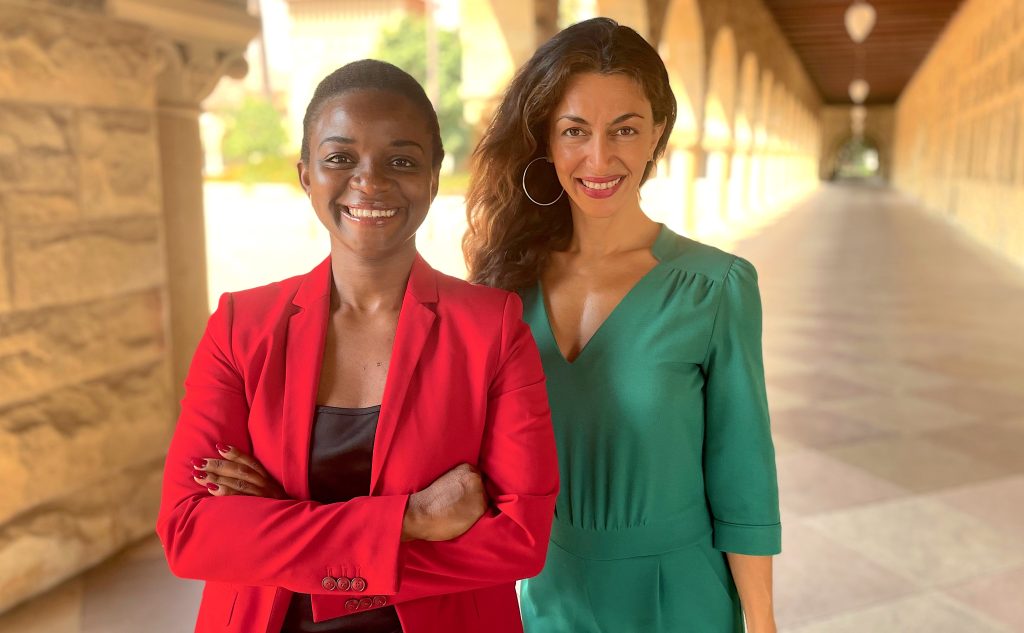event
Moderating Dangerous Organizations Using a Multi-Stakeholder Approach
October 14th, 2021 - 9:00 am to 10:30 am PT

This private workshop on Moderating Dangerous Organizations Using a Multi-Stakeholder Approach will cover the current ambiguities related to definitions of dangerous organizations and individuals, and the associated lack of uniformity across all platforms, challenges that arise when dangerous organizations become de facto legitimate government entities, the importance of context in identifying harmful content, and lessons learned from multi-stakeholder approaches globally.
Using a multi-stakeholder approach with representatives from the private sector, government officials, judiciaries, academics, activists, philanthropists, and content moderators, the goal of this highly participatory and interactive event is to discuss and explore the global state of relevant research, policies and practice, share and discuss insights and ideas for sustainable solutions, and encourage collaboration between participants across regions.
This is an invite-only, private session that is part of a workshop series organized and moderated by fellows Julie Owono and Niousha Roshani for the Content Policy and Society Lab (CPSL) project.
Speakers:

Nicholas Rasmussen is the inaugural Executive Director of the Global Internet Forum to Counter Terrorism (GIFCT). A national security professional with more than 27 years in U.S. government service, Rasmussen held senior counterterrorism posts at the White House and in the U.S. Intelligence Community from 2001 to 2017. He concluded his government career as Director of the National Counterterrorism Center (NCTC).
Rasmussen holds appointments as Visiting Professor of Practice at the School of Law, University of Texas at Austin; as Distinguished Visiting Fellow at the National Security College of Australia National University; and as Distinguished Professor of Practice at the Sandra Day O’Connor College of Law at Arizona State University. He is also a Non-Resident Senior National Security Fellow at the McCain Institute for International Leadership.

Sadaf Khan is an internet rights activist and a media development professional and co-founder of Media Matters for Democracy, an organization working towards policy and practical solutions for a progressive internet and media landscape in Pakistan. She has written extensively on regulation and policies governing the Internet in Pakistan and is currently leading Pakistan National Assessment of UNESCO’s Internet Universality Indicators and Media Development Indicators. She is also the Managing Editor of Digital Rights Monitor, a news website focused on internet governance and digital rights. Her research interests include internet governance, content regulation, corporate accountability, information disorder. She takes a feminist approach to research and advocacy. Khan is a Chevening Scholar and holds a graduate degree in Media, Development and Communications from London School of Economics and Political Science.

Olufemi Daniel is a lawyer by training with a passion for technology, data privacy, startups, open banking, and innovative regulations. He is currently with the National Information Technology Development Agency (NITDA) where he leads the Regulations Monitoring and Compliance Team and acts as the Desk Officer for the Nigeria Data Protection Regulation (NDPR). Femi is the Vice Chair of the African Union hosted Technical Working Group on Data Protection Harmonisation in Africa. His work with the NDPR led to the creation of the new data protection sector in Nigeria employing over 3,100 Nigerians. He has led three successful data breach investigations. Femi co-authored the first Nigeria Data Protection Regulation Performance Report in 2020. He recently co-published Data Protection in Nigeria with Mr. Inuwa Kashifu (DG NITDA) and Ms. Aissatou Sylla (Hogan Lovells LLP, Paris).

Bri Riggio is the Counter Extremism Team Lead for Discord and has helped set the company’s policies on violent extremism, and reviews and moderates content on the company’s platform. Her interest in violent extremism and conflict developed as she completed her MA in International Peace and Conflict Resolution at American University, where she focused on extremism in Eastern Europe. She also holds a Graduate Certificate in Terrorism Analysis from the National Consortium for the Study of Terrorism and Responses to Terrorism (START) at the University of Maryland, College Park. Before joining Discord, Bri worked at several higher education institutions and nonprofits operating at the intersection of education and international relations. She has used her experience interacting with academics, activists, and government entities to inform her work in the tech industry.
